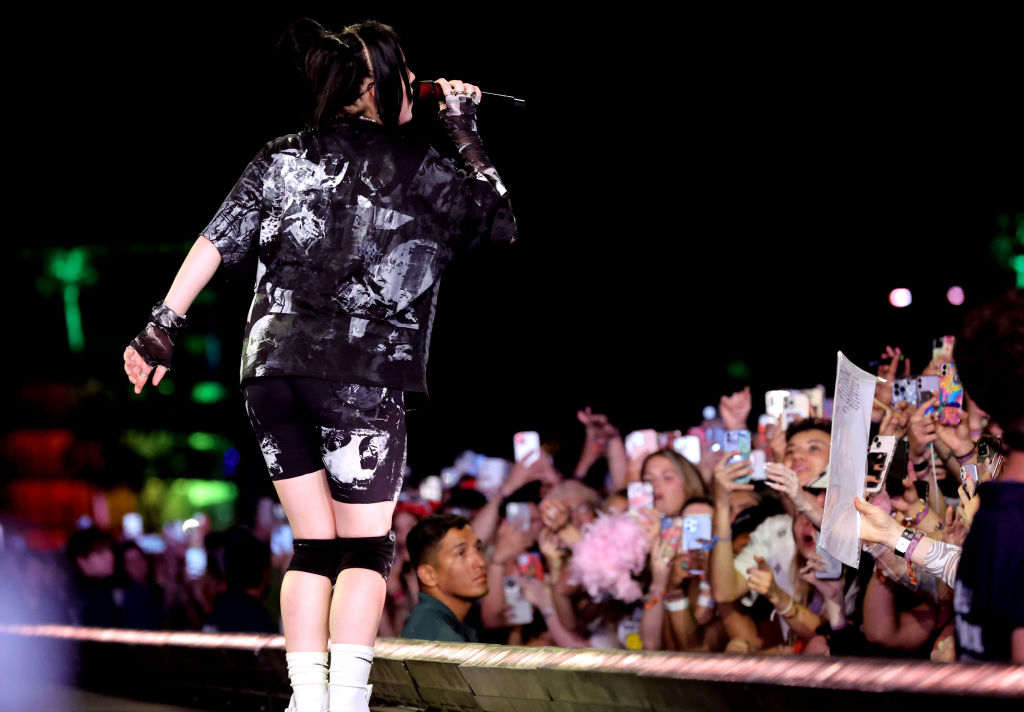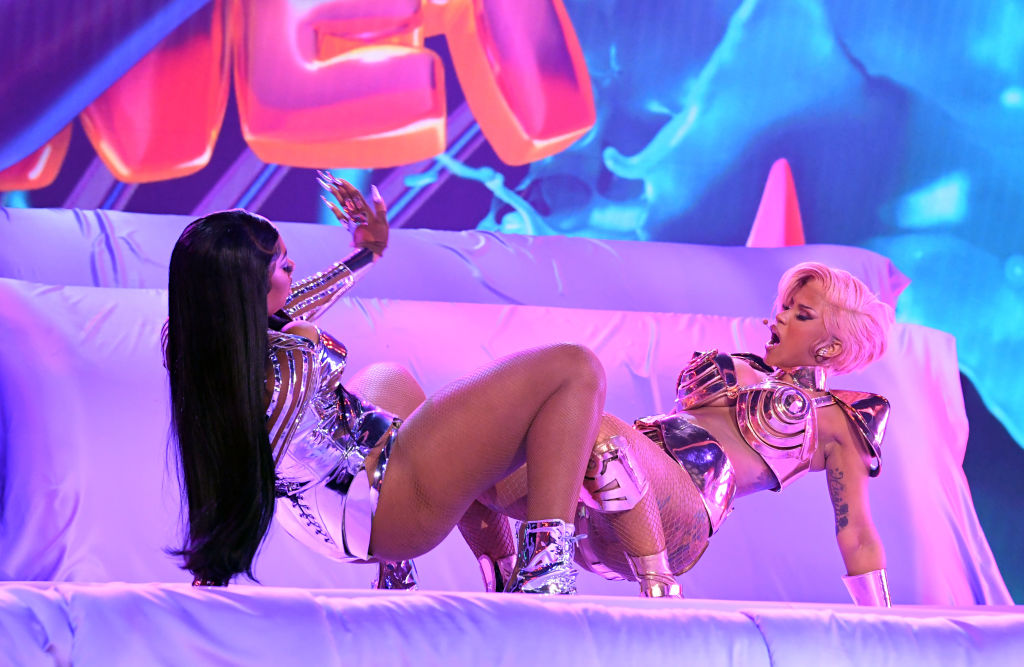
I remember my first proper music festival like it was yesterday.
Well, if I’m being honest, I don’t actually remember a lot of it. But I remember how I felt as I moved as part of a throng, through the long walk from the car park to the ticket queue, dragging a sledge full of booze and camping gear behind me.
I remember the distant bass reverberating through my body; all the way from the soles of my shoes, up my legs and into my chest, before travelling up into my teeth, vibrating and chattering.
I remember the feeling of excitement tangled in my stomach, a swarm of butterflies fit to burst out of my throat.
I was 17 and I’d been to gigs before but this was my first weekend camping at (the sadly disbanded) T in the Park – a rite of passage for every Scottish teenager, and beyond.
The Strokes, The Cribs, The Libertines, Wu Tang Clan, N*E*R*D, The Killers, Basement Jaxx, The Chemical Brothers, Muse, Faithless… it was the early noughties line-up that only dreams are made of.
But I also remember feeling acutely aware – even then – that I wasn’t seeing much in the way of women on stage. The representation – particularly across the headliners – was dire.
The Pixies had Kim Deal and Faithless had Sister Bliss. Amy Winehouse, Goldfrapp, PJ Harvey, Scissor Sisters and Pink were all playing on various stages – but none of these were in the top spot.
The message is clear: women will be booked, but they won’t be headlining
That was 18 years ago – and despite many pledges to achieve gender equality on festival line ups in the subsequent years – sadly, it seems that things haven’t improved as much as they should have.
Out of 200 headline acts, 26 are female, one identifies as non-binary, 24 acts have a mixed line-up of male and female performers, and the rest (149) are either all-male bands or male solo artists. It’s just not good enough.
That’s not to say things haven’t improved at all. In 2014, there was a measly total of 3.5% of all-female acts on the line-ups of all major UK music festivals.
Plus, a recent study conducted by female:pressure revealed that 27% of music festival acts in 2020 and 2021 were female, an increase of 18% from 10 years ago. According to the study, females only represented 9% of acts in 2012, while men made up 82%.
That means that, in the last 10 years, female bookings have tripled.
But while it’s encouraging to see acts like First Aid Kit, Charlie XCX, Megan Thee Stallion, Lorde, Phoebe Bridgers, Wolf Alice and Self Esteem on line-up posters nationwide, 13% female headliners across the board just isn’t cutting it.
The message is clear: women will be booked, but they won’t be headlining.
You don’t have to look very far into comment sections online to see dim-witted suggestions made that female-fronted bands just aren’t as worthy headliner bands. That argument is laughable. Try telling Karen O, Patti Smith and Carrie Brownstein that women can’t rock like men do.

However, it’s only fair to acknowledge that, overall, there are fewer all-female acts than male – and, perhaps surprisingly it’s a gap that has actually grown over the last decade.
Why is this? There’s the predictable, persisting argument that women just don’t like to make music as much as men do. But I think a lot of it stems from – as lots of things do – socialisation and how women are encouraged and educated, versus men.
This gender gap pervades the whole industry – in the UK, women are estimated to make up approximately 5% of all sound engineers and The Music Producers Guild has estimated in recent years that only around 6% of its members are women.
‘Girls with guitars’ are only just stopping being seen as something of a novelty – often viewed as some sort of mythical creature and an object of lust.
I’d like to think that a change is coming – but honestly, I would’ve expected this change to be well on its way by now.
My partner is a music teacher and reports that, in his classes, there are more female guitar players than male. This might not seem like a big deal but when I was at school, in the 90s and early noughties, girls were very much encouraged to play piano and violin, while boys were steered towards the drums and guitars.
Solving the gender gap in festival line ups isn’t about tokenization, it’s about recognising that great female musicians exist, and encouraging more to come forward. It’s about fully addressing a disparity so glaringly obvious that it should be completely unacceptable.
To be fair, some festivals have upped their game in the face of previous shortcomings – and have shown it can be done. For example, all of the headliners at this year’s Wireless festival in Finsbury Park are female artists, in the form of SZA, Cardi B and Nicki Minaj. In 2021, the Wireless line-up featured five female artists in total – none in the headline slot.
This year, Standon Calling in Hertfordshire has more than 50% female and non-binary artists on its line-up – including headliners Self Esteem, Annie Mac and Anne Marie.
It’s so important for young girls – whether they go to gigs, or want to be in bands – to see women playing the top slots at big festivals. To feel seen and represented as female – capable of achieving just as much as – if not more than – their male counterparts.
Plus, the fact that purely based on her musical merit is heartening – and will be inspiring to many. More of this please.
The whole industry is now acutely aware that the problem exists, and seem to be in agreement that it’s not acceptable.
But more needs to be done to get women playing music, to help them feel as though there’s a place for them in the industry – whether as roadies or musicians, to promote female artists at various stages of their careers, and to do what needs to be done to get them into those top spots.
In the words of Riot Grrrl pioneer and Bratmobile founder, Molly Neuman: ‘We’re not anti-boy, we’re pro-girl.’
Do you have a story you’d like to share? Get in touch by emailing [email protected].
Share your views in the comments below.




















